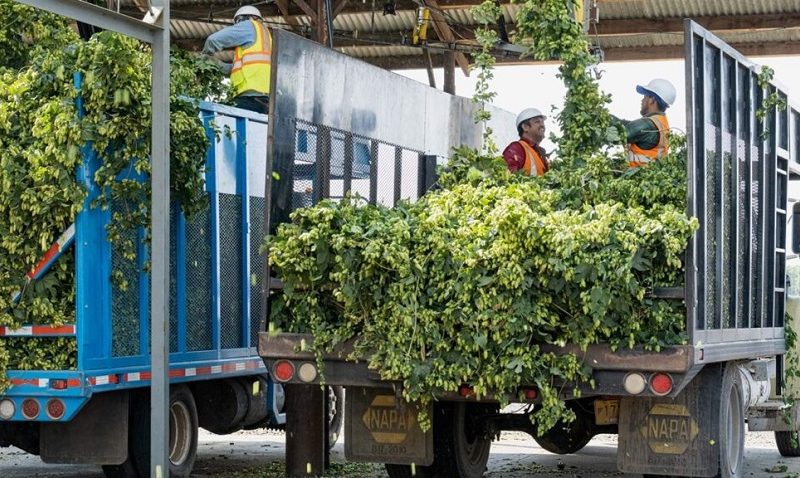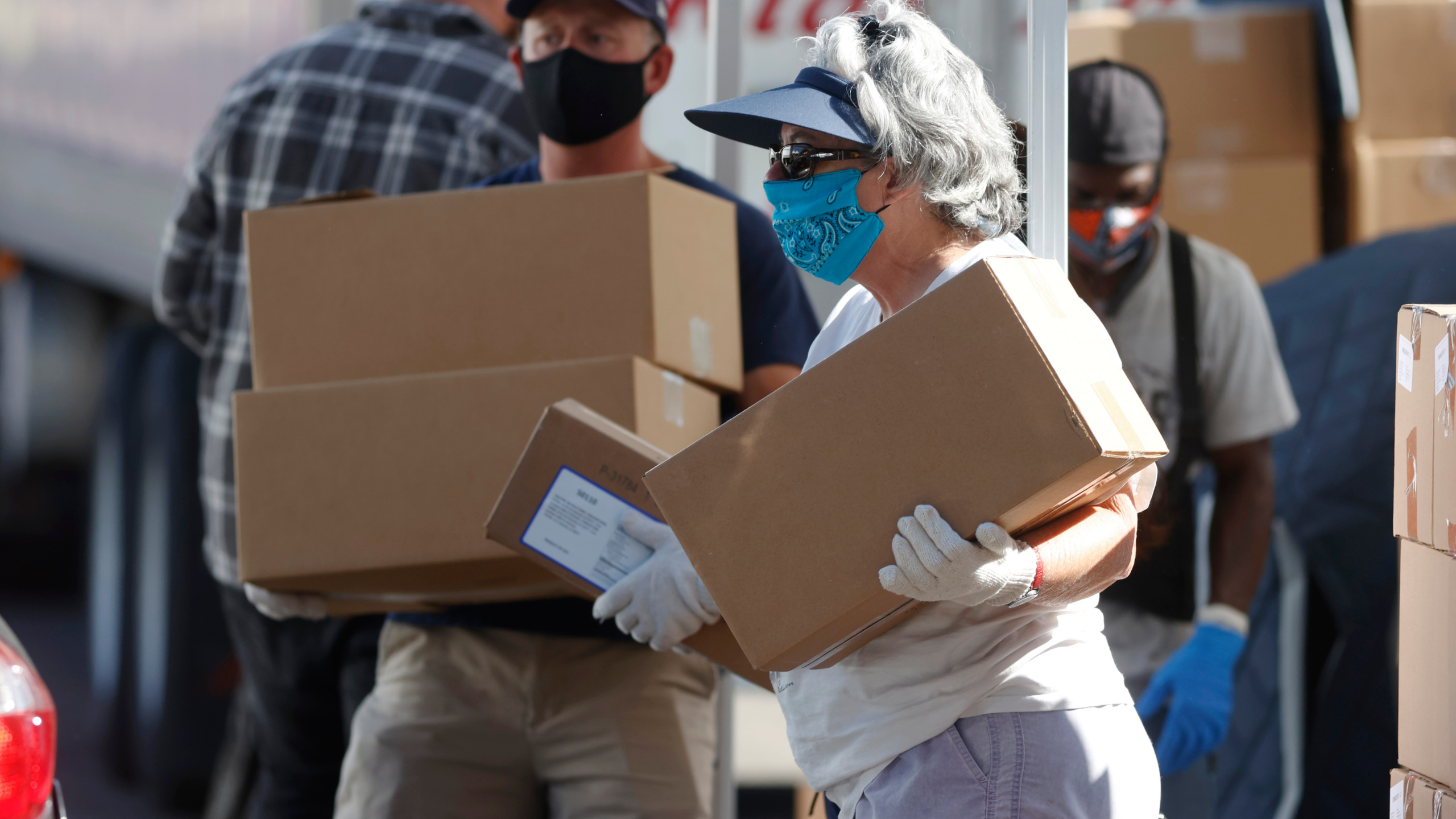Salem, OR – Oregon businesses are feeling the heavy toll of President Donald Trump’s tariffs, with many small and medium-sized companies facing significant financial strain as they grapple with rising import costs. During a roundtable discussion at Chemeketa Community College in Salem on Wednesday, Oregon business leaders shared their concerns with Governor Tina Kotek about the far-reaching impact of the tariffs on the state’s economy.
Among the most vocal was Emma Mcilroy, CEO of the Portland-based clothing company Wildfang. Mcilroy explained that her company narrowly avoided a devastating financial blow after receiving a shipment from China just days before Trump announced a 152.5% tariff on Chinese goods. Had the order arrived 48 hours later, Wildfang would have faced an additional $180,000 in costs. Mcilroy expressed her fears that many small manufacturers like hers could be driven out of business due to the mounting financial pressure.
“We believe manufacturers our size are going to go under,” Mcilroy told Governor Kotek during the meeting, which included business leaders from various industries including fishing, clothing, food manufacturing, winemaking, and beverage distribution.
The tariff, which took effect on April 9, imposed a 10% import levy on nearly all goods entering the U.S. According to several businesses present at the roundtable, this has translated into millions of dollars in additional costs, which they are now struggling to absorb. For some companies, retaliatory tariffs from foreign markets have added another layer of financial difficulty.
Nick Edwards, a shrimp fisherman from Coos Bay, warned that European Union tariffs could severely affect his business. The EU recently added a 25% tariff on Oregon shrimp as part of a broader set of retaliatory tariffs against the U.S. Edwards exports around half of his catch, with most of it going to Denmark. However, due to the new tariff, Danish buyers are now looking elsewhere, threatening his livelihood.
“I export 50% of my catch, and nearly all of it goes to Denmark,” Edwards told Kotek. “Now they’re going to other countries for their shrimp.”
Governor Kotek acknowledged the severity of the situation and vowed to work with businesses to help mitigate the impact of the tariffs. “We are resilient. We are creative. We will think of some things,” she said, expressing hope that Oregon’s businesses could find ways to adapt to the chaotic changes brought about by federal policies.
However, the burden is not limited to businesses alone. Economists warn that Oregon consumers will also bear the brunt of the tariff costs. Federal and state economists have estimated that the tariffs could cost the average U.S. household an additional $3,800 annually, a significant financial strain for many families already dealing with inflation.
State Treasurer Elizabeth Steiner pointed out that many Oregon families are already struggling to make ends meet. “If they can’t find $500 for an emergency, how will they find an additional $3,800 to pay for essentials?” she asked, referring to the financial wellness scorecard released by the state in January, which found that the average Oregon family does not have an extra $500 to cover unforeseen expenses.
The rising costs were also confirmed by Trey Winthrop, CEO of Bob’s Red Mill, a Portland-based manufacturer of grains and natural foods. Winthrop explained that his company would be forced to pass some of the increased import costs on to consumers, further exacerbating inflationary pressures, especially in the grocery sector.
“Our hand is being forced to pass some of these increases on to the American consumer, people already hurting the most with inflation through grocery prices,” Winthrop said.
As the conversation at the roundtable underscored, the impact of the Trump-era tariffs is still being felt deeply in Oregon. From clothing companies to fishermen, small businesses across the state are struggling with escalating import costs and retaliatory tariffs, and the toll is expected to continue to grow. With consumer prices on the rise, both businesses and families are left to navigate an uncertain financial future as the state looks for ways to mitigate the economic fallout.











